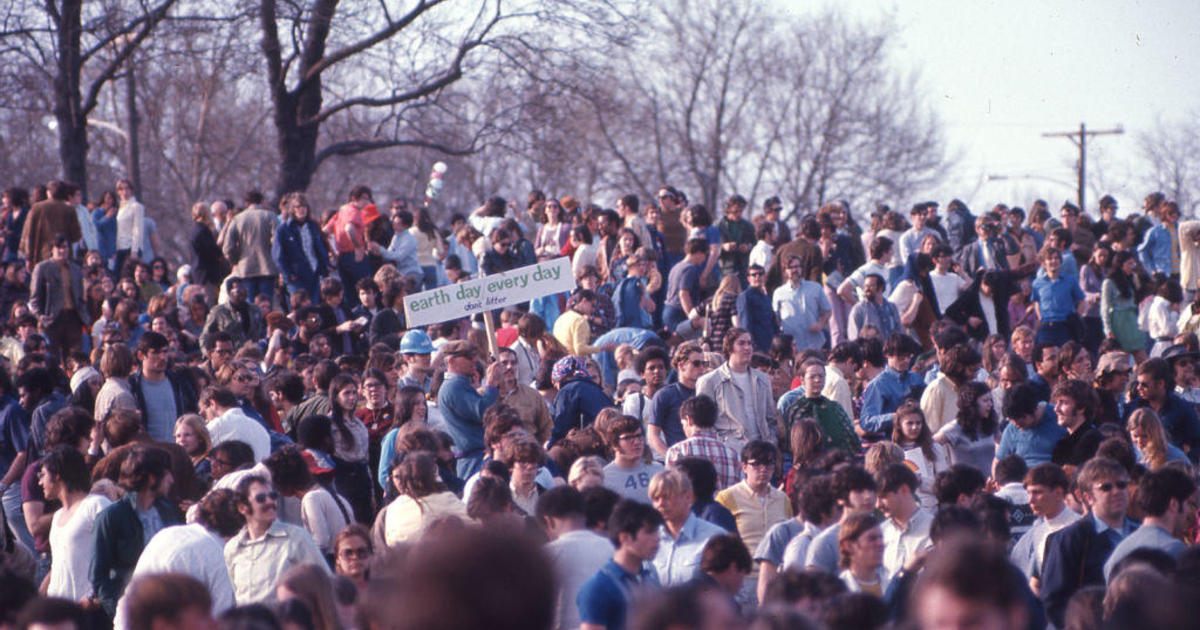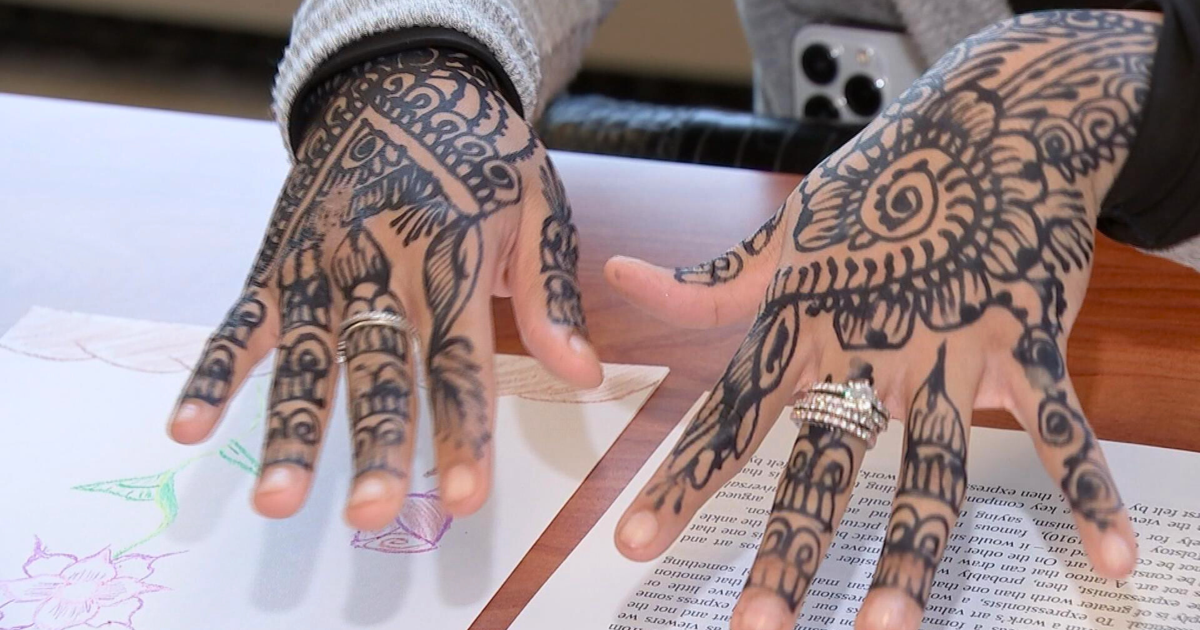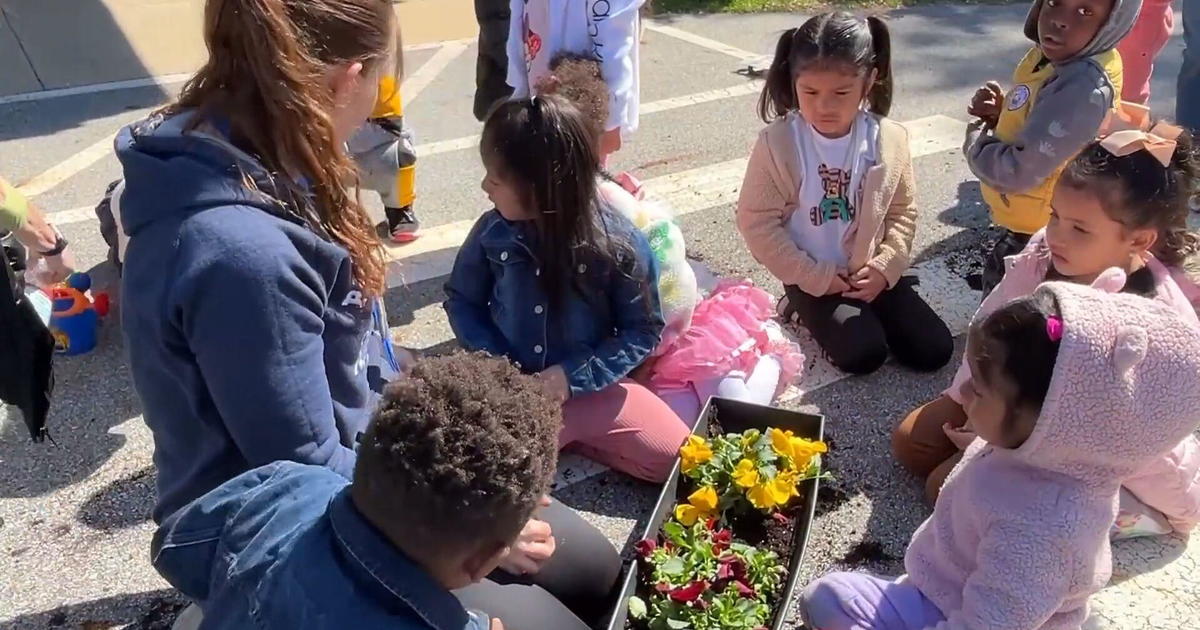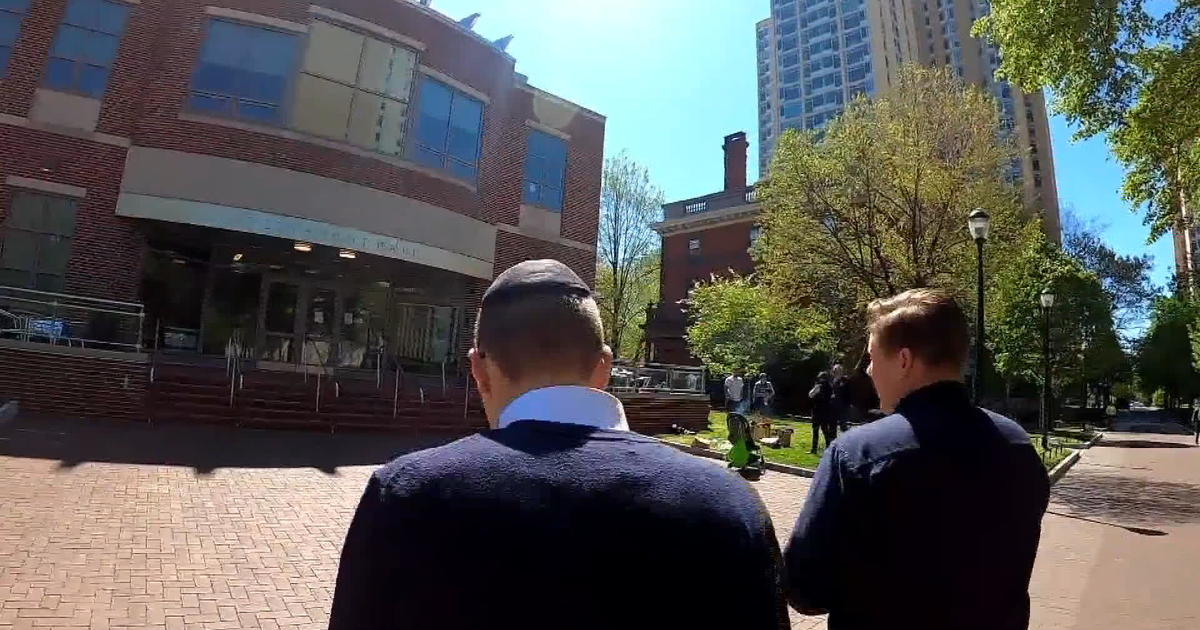Friendship Day Celebrated On First Sunday In August Since Early 1900s
PHILADELPHIA (CNN) -- Hallmark established Friendship Day in 1919 as the first Sunday in August. It was probably an attempt to sell more greeting cards, but there is real societal value in celebrating friends -- especially during these partisan times when we seem to be finding more enemies.
"Friends are there to offer us the support we need when we feel the world's against us. Also to celebrate with us when things are going well," said Suzanne Degges-White, chairwoman of the Department of Counseling and Higher Education at Northern Illinois University,
"If you have one person you can talk to and be yourself with, that will give you all the health benefits that you had if you talk with 12 people every day," Degges-White said.
You may have 3,000 friends on Facebook, but you'll be relieved to learn that it's impossible to actually be friends with all of them. Degges-White says the research shows that three to five good friends are about all we can manage in our lives.
"There's only so much energy we can invest in a relationship, because we are not bottomless pits of compassion."
What is a friend?
Friendships are formed with those we have a sense of belonging with, people who mirror who we are. That may mean shared activities, shared interests and proximity -- someone "we can express ourselves to safely," Degges-White said.
Psychologists speak about different levels of friendships: best friends, close friends, casual friends and acquaintances (we can have a million of the latter, Degges-White says).
Think of these relationships as concentric circles. The innermost circle is your best friends, the next circle close friends, etc. The furthest circle is acquaintances in whom you are less invested. But, Degges-White says, they all serve a purpose: giving you a sense of belonging to a larger community.
The need for friends is rooted in evolution and the survival of the species, she says. "We can't survive on our own in the wild."
"Some of it is evolutionary in the way it developed, but it's still true today. It's why we have Facebook, Instagram. But we need to make time to be in a room with people to enjoy it."
How can you be a better friend?
Degges-White offers these key ways to be a better friend:
Be authentic: This is hard for a lot of people, because in order to be yourself around someone, you have to trust others. "Be willing to engage in self-disclosure. If you can't bring your whole authentic self to a relationship, the relationship will be built on misleading false presentations," she said.
But you don't want to share too much right away. "Share just a little bit. Then the person will share a bit of themselves, too." It's a back and forth that needs to be balanced as you begin to build that trust.
There is such a thing as oversharing too soon. The person might assume that you "probably dump on everybody you meet." For those extroverts out there, she recommends working on your intentional self-disclosure.
Be reciprocal: Don't ask something of your friend that you would not do for them. "If you're not going to answer their call at 2 a.m., don't expect them to," Degges-White said.
Be consoling, but also celebrate wins: Being a good friend means being willing to celebrate when your friend wins the lottery. Some friends just love hearing when you're miserable, she says. Part of that is jealousy, of course. You want to be a friend people call when they're excited and things are going right.
Don't hoard your friends: Don't be afraid to introduce your friends to each other. It's a common problem.
"They're scared other friends might become better friends with them." Many of us bring insecurity to relationships, which is tied up in feeling that we're not enough. We need to learn to love ourselves and get over it. Life is meant to be a party, Degges-White said.
Be OK with disagreement: Our friends don't have to think exactly like we think. It's how you deal with the disagreement that really matters. Be willing to talk about it when something is bothering you. "Don't let things go on too long." Degges-White suggests that we shouldn't be too hard on the people who are there for us and have proved that they are, time and again.
Health benefits of friendship:
Studies show a connection between good health and strong relationships. Our bodies produce more oxytocin -- a hormone that can create a feeling of calmness -- when we get a hug, Degges-White said.
And research associates stronger immune systems with hugging and perceived social support.
On the flip side, multiple studies have found strong ties between loneliness and health problems. It's not linked to any single disease, but it is a risk factor for many illnesses.
"Your blood pressure can suffer. Your heart health suffers," Degges-White said.
Humans need skin contact. "We need to be hugged. We need a pat on the back. We need to know that somebody knows we're alive or not, that we matter."
Degges-White refers to the long-term study of children who spent time in Romanian orphanges in the 1980s and 1990s and were deprived of touch. Scientists found a dramatic reduction in gray and white matter in their brains. Years later, they had difficulty with engaging other people and forming relationships, according to the BBC.
You're also more likely to engage in harmful health habits if you don't have anyone to connect with, Degges-White explains.
"If you're not feeding your social needs through companionship, you're going to feed those needs in other unhealthy ways."
The-CNN-Wire™ & © 2019 Cable News Network, Inc., a Time Warner Company. All rights reserved.



